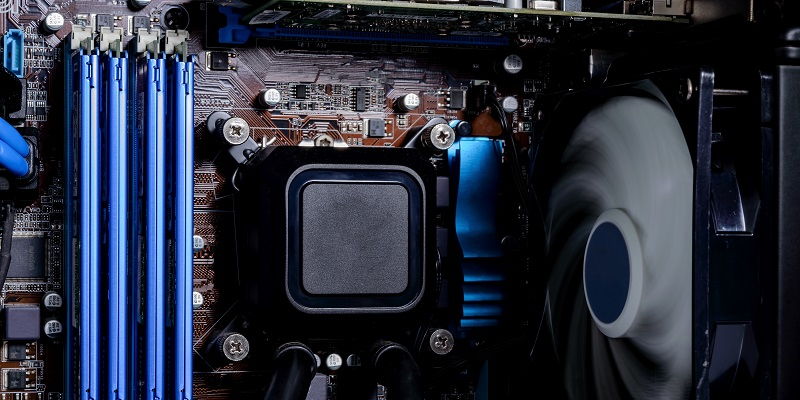In recent weeks, the tech industry has been rocked by the discovery of critical vulnerabilities in both Intel and AMD processors. These bugs, which have been labeled as “Spectre” and “Meltdown” respectively, have raised concerns about the security and performance of both client and server processors across multiple generations. In this article, we will delve into the details of these vulnerabilities, their impact, and the efforts made by Intel and AMD to address the issues.
Intel Bug: Downfall (CVE-2022-40982)
Last year, Google researchers stumbled upon a flaw in Intel’s processors and promptly reported it to the chipmaker. This bug, now known as Downfall (CVE-2022-40982), exploits a vulnerability in the “Gather” instruction, which is utilized by Intel CPUs to retrieve information from various locations within a system’s memory. Intel has confirmed that Downfall affects a wide range of its processors, including both client and server variants starting from the Skylake architecture up to Tiger Lake. The gravity of this bug lies in its potential to compromise sensitive information stored in system memory, posing a significant security risk.
Impact on server processors
While Meltdown affects both client and server processors, the impact on the server side is particularly noteworthy. Intel has determined that all generations of Xeon Scalable processors, from the first to the third, are susceptible to this bug. However, the latest generation of server processors, known as Sapphire Rapids, has fortunately been spared from Meltdown’s reach. This distinction underlines the importance of regularly updating hardware and adopting the latest security measures, as it allows for the deployment of protected systems unaffected by known vulnerabilities.
AMD Vulnerability: Inception
AMD processors are not exempt from bugs either. Inception, as it has been dubbed, affects all four generations of AMD’s Zen architecture, impacting both client and server applications. The vulnerability poses similar risks to Downfall, potentially enabling unauthorized access to sensitive data and threatening the overall security of affected systems. This revelation reinforces the fact that cybersecurity is a paramount concern for all major chip manufacturers, and hardware vulnerabilities require swift action to minimize potential damage.
Comparison to previous bugs
The emergence of Downfall and Inception reminds us of the infamous Meltdown and Spectre bugs that plagued the tech industry a few years ago. All four vulnerabilities, including Downfall and Inception, are related to speculative processing, a technique employed by modern CPUs to optimize performance. However, speculative processing also carries inherent risks as it can create side channels through which malicious actors may exploit system vulnerabilities to gain unauthorized access to privileged information.
Insight from Linus Torvalds
The severity of these vulnerabilities has not gone unnoticed by the Linux community. Linus Torvalds, the creator and lead developer of the Linux kernel, recently expressed his frustration over yet another instance where userspace errors can jeopardize the underlying microarchitectural structure, leading to the leakage of sensitive data through side channels. Torvalds’ frustration highlights the challenges faced by developers in crafting secure systems while accounting for potential pitfalls within the hardware itself.
Performance Impact
Addressing these vulnerabilities can come with a performance trade-off. Reports suggest that the implemented mitigations, particularly on the Linux side, may result in a slight decrease in system performance. While this performance impact might be minor for most users, it is a point to consider for those who rely heavily on CPU-intensive tasks and real-time applications.
Mitigations and Solutions
Both Intel and AMD have swiftly responded to the discovery of these bugs and issued firmware updates to address the vulnerabilities. These updates aim to close critical security gaps and provide users with a more robust and protected computing experience. It is essential for all users to ensure they apply these updates promptly to minimize the risk of exploitation by potential attackers.
The emergence of the Downfall and Inception bugs in Intel and AMD processors has underscored the importance of consistent security vigilance and prompt action in the face of evolving threats. These vulnerabilities highlight the need for robust hardware platforms and prompt firmware updates to safeguard systems against potential exploits. As the tech industry continues to evolve, collaboration between chip manufacturers and the broader cybersecurity community remains critical in identifying and addressing potential vulnerabilities to ensure the integrity and confidentiality of our digital ecosystems.

